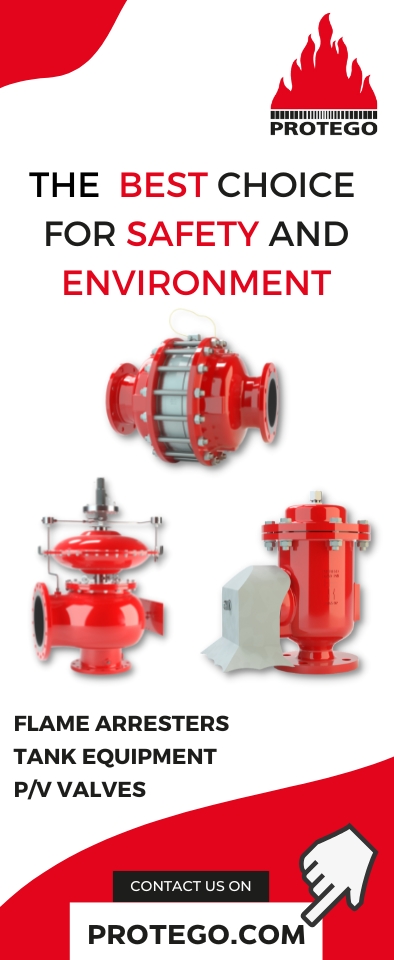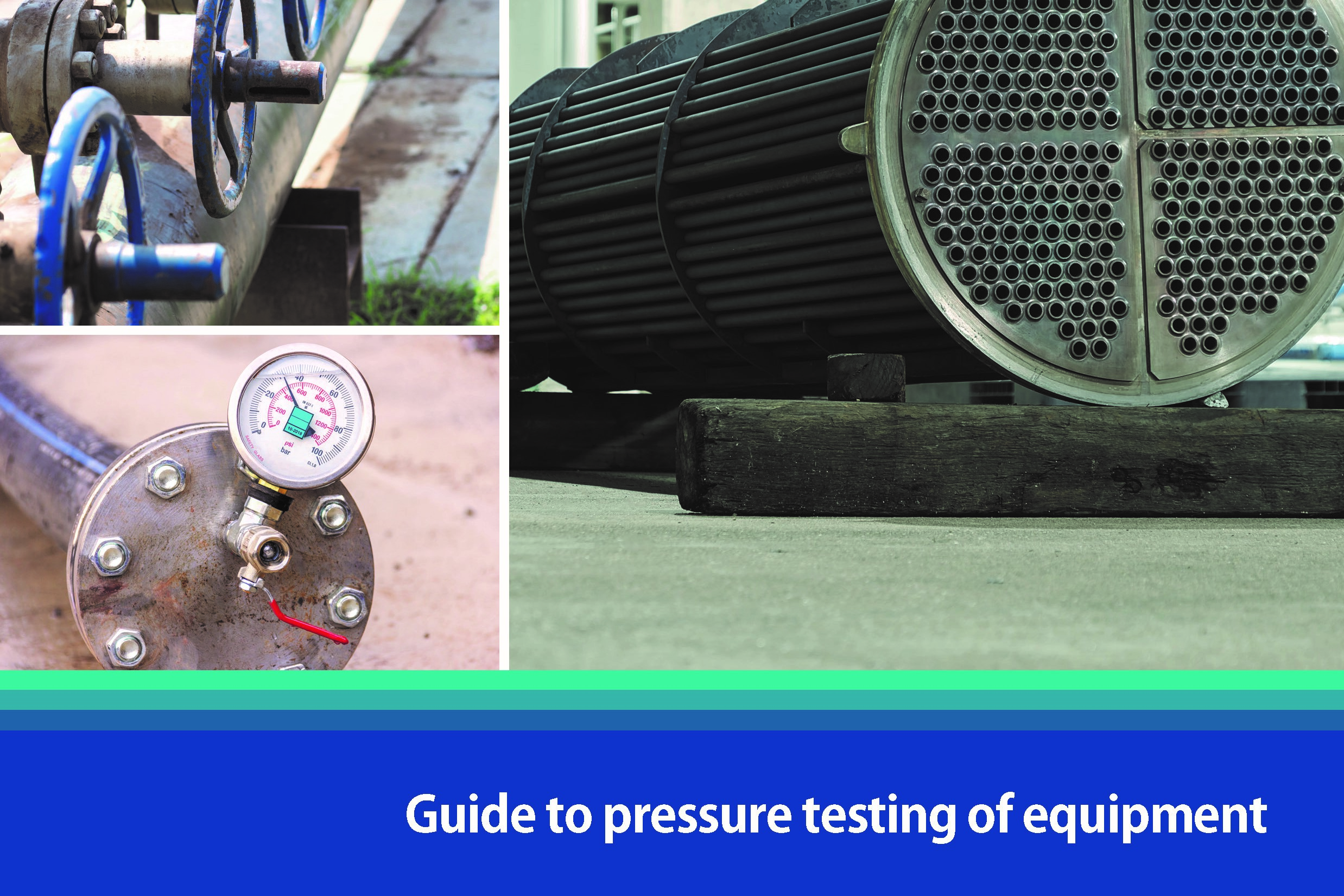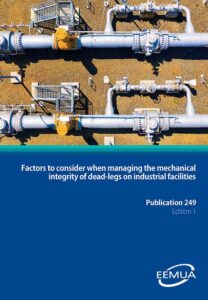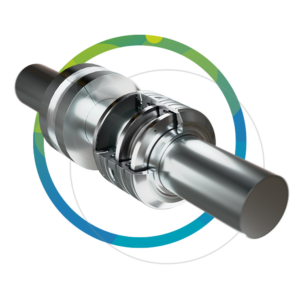To support those involved in the pressure testing of equipment and systems, EEMUA has issued a new publication, an e-learning module and a data store.
Pressure testing of equipment after manufacture, assembly and when in-service, whether by hydrostatic or pneumatic means, presents hazards from stored energy and if failure occurs may result in significant harm to people. There continue to be injuries and fatalities due to poor pressure testing practices. Root causes frequently include, poor planning, lack of competence and failure to properly risk assess or follow the rules. Many of these accidents could have been prevented had adequate training and risk management processes been in place.
EEMUA 168 (Edition 3), Guide to pressure testing of equipment, provides guidance on if, when and how pressure testing can be carried out on pressure equipment and systems, based on risk assessment and a safe system of work. Significantly, the new edition introduces a competency framework for pressure testing personnel.
The guidance applies to the lifecycle of pressure equipment and systems, from manufacture, and throughout their operating lifetime. It is applicable to all types of non-transportable industrial pressure equipment and systems, including pressure vessels and pipework. Some alternatives to pressure testing are also considered, and when it may be appropriate to employ them.
The EEMUA e-learning module on Pressure Testing will benefit anyone with questions on how to conduct safe pressure testing. The 55-minute course is positioned at the awareness/introductory level and aimed primarily at the operatives, supervisors and leaders managing and carrying out pressure testing at manufacturers’ works, repair shops and industrial sites. It is also relevant to engineering managers, plant operations managers and process safety managers.
The new edition of EEMUA 168 was developed through a collaboration of engineers and representatives from industry partners, including the Institution of Mechanical Engineers Pressure Systems Group and the Pressure Vessels Manufacturers Forum (PVMF). The established working group considered it very important to keep those involved in pressure testing aware of historical and new incidents occurring during testing and lessons that can be learned, so that risks are reduced, and safety is improved. EEMUA has therefore created a repository for collating all available lessons learned incidents. All those in industry are encouraged to contribute to the repository with lessons learned from their own experiences.











